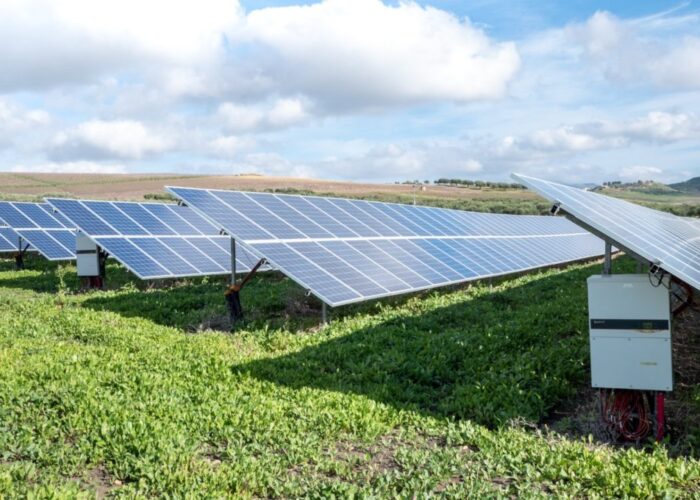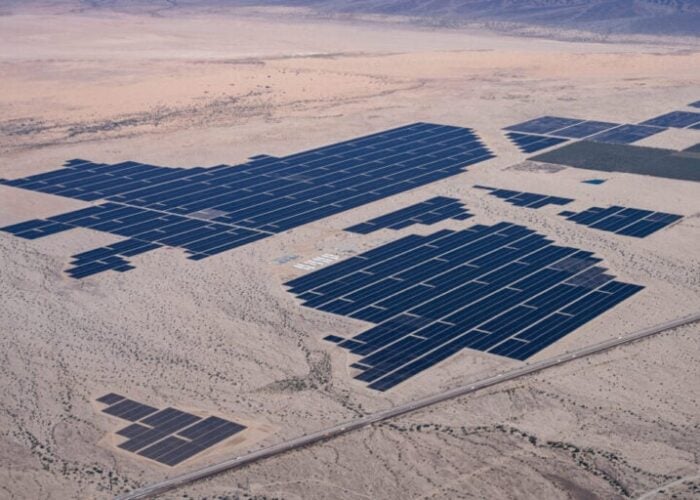Despite the latest report by the Independent Competition and Regulatory Commission (ICRC) advising that the feed-in tariff rates in Australia’s Capital Territory (ACT) need to be reduced, the Territory’s Minister for Energy, Simon Corbell, said the rates would remain unchanged.
The report proposed that the premium cash rate paid to generators of renewable energy – including those with home solar energy systems – should drop from 45.7c/kWh to 39c/kWh. Corbell however, was keen to stick to his promise to encourage confidence in the sector.
Unlock unlimited access for 12 whole months of distinctive global analysis
Photovoltaics International is now included.
- Regular insight and analysis of the industry’s biggest developments
- In-depth interviews with the industry’s leading figures
- Unlimited digital access to the PV Tech Power journal catalogue
- Unlimited digital access to the Photovoltaics International journal catalogue
- Access to more than 1,000 technical papers
- Discounts on Solar Media’s portfolio of events, in-person and virtual
Corbell also announced that the new medium-scale solar power payment percentage would remain set at 75% of the micro-generator category rate, a price of 34.27c/kWh. In February, the program was expanded to include larger solar farms and to provide better access to the scheme for co-operatives, renters and community groups.
“In making these decisions I am mindful of the undertaking I made last year that as far as practicable, the Micro Premium announced then would remain for a two year period. I did this to establish certainty for investors and for industry players. This decision to leave the premium rate unchanged honours that commitment.”
The Minister also said the final outcome of the Federal Government’s decision to establish a carbon price, in addition to looming changes to Federal Government solar rebate schemes, meant there was uncertainty and it was prudent for him not to act prematurely on the ACT’s solar feed in tariff.
ACT’s gross feed-in tariff scheme is currently the most generous in the country. To date, more than 4,100 rooftop solar installations have been completed throughout the state under the scheme, a figure which equates to approximately 7MW.







